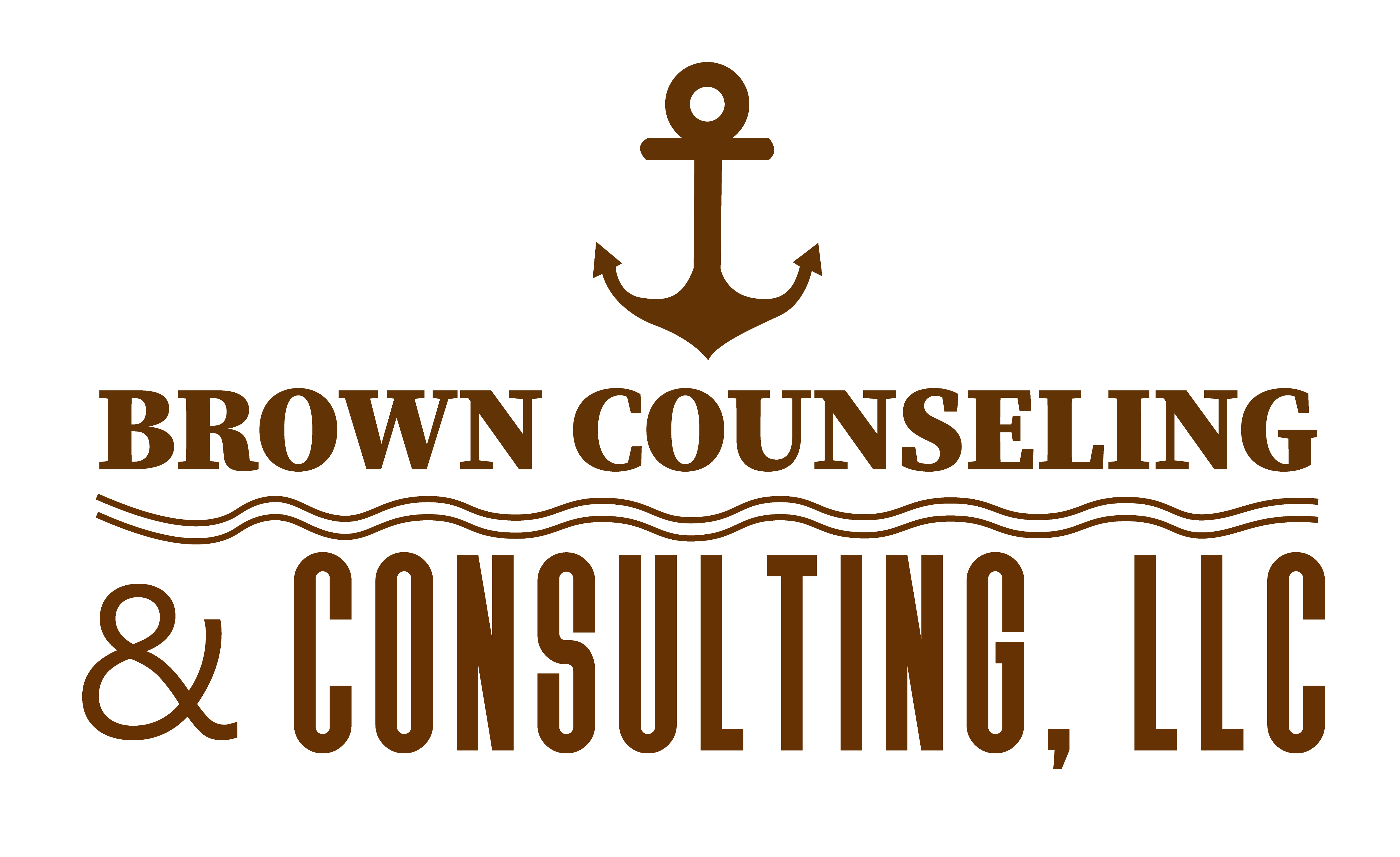SPECIALITIES
Anxiety

Have you ever experienced a feeling of uneasiness before a job interview or while waiting for the results of a medical test? Certain challenging situations in life cause us to get a very awful feeling and make us feel worried about things. On these occasions, we may experience a multitude of both physical and emotional symptoms including palpitations, sweating, feeling shortness of breath or smothering, the sensation of choking, chest pains, or tightness. Nausea or gastrointestinal problems. Even the fear of “going crazy” or losing control or worrying about anxiety itself, for example worrying about when panic attacks might happen. Those are all signs of anxiety.


Depression

Are you struggling with negative emotions most of the time and people around you seem not to understand how you feel?
Anger, sadness, worthless, with no energy, no motivation, no will to do anything? Sometimes you might even find it difficult to get out of bed in the morning and find yourself thinking that life is after all pointless and that’s nothing even matters anymore.
Addiction

Addiction is a treatable, chronic medical disease involving complex interactions among brain circuits, genetics, the environment, and an individual’s life experiences. People with addiction use substances or engage in behaviors that become compulsive and often continue despite harmful consequences.
Substance abuse is when you take drugs that are not legal. It’s also when you use alcohol, prescription medicine, and other legal substances too much or in the wrong way. Substance abuse differs from addiction. Many people with substance abuse problems are able to quit or can change their unhealthy behavior. Addiction, on the other hand, is a disease. It means you can’t stop using even when your condition causes you harm.
Both legal and illegal drugs have chemicals that can change how your body and mind work. They can give you a pleasurable “high,” ease your stress or help you avoid problems in your life.
Types of addictions include: drugs, alcohol, pornography, gambling, shopping, and more.


Self Esteem

Self-esteem is the degree to which one feels confident, valuable, and worthy of respect. It exists on a continuum from high to low. Where a person’s self-esteem falls on this spectrum can influence one’s overall well-being.
People with high self-esteem often feel good about themselves and their progress through life. People with low self-esteem often feel shame and self-doubt. They often spend lots of time criticizing themselves. Low self-esteem is a symptom of several mental health conditions, such as anxiety and depression
Trauma

Trauma is a mental disorder that includes the experience of a traumatic or very stressful event. Not everyone who experiences a great deal of stress or trauma will develop a mental health condition, but for those who do, the cause can be traced directly to that situation as a causal factor. Trauma disorders must be treated, or they can lead to serious complications ranging from problems at work to social isolation to depression and suicide.
People with high self-esteem often feel good about themselves and their progress through life. People with low self-esteem often feel shame and self-doubt. They often spend lots of time criticizing themselves. Low self-esteem is a symptom of several mental health conditions, such as anxiety and depression


Family conflict

Conflict can happen when family members have different views or beliefs that clash. Sometimes conflict can occur when people misunderstand each other and jump to the wrong conclusion. Issues of conflict that are not resolved peacefully can lead to arguments and resentment.
It is normal to disagree with each other from time to time. Occasional conflict is part of family life. However, ongoing conflict can be stressful and damaging to relationships. Some people find it difficult to manage their feelings and become intentionally hurtful, aggressive, or even violent.
Connect
Join Brown Counseling.
- PHONE:337-573-0636
- Address:113 Flagg Place, Ste. B Lafayette, LA 70508
